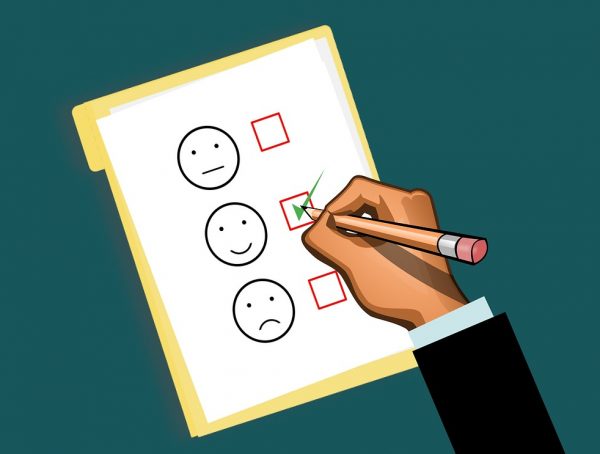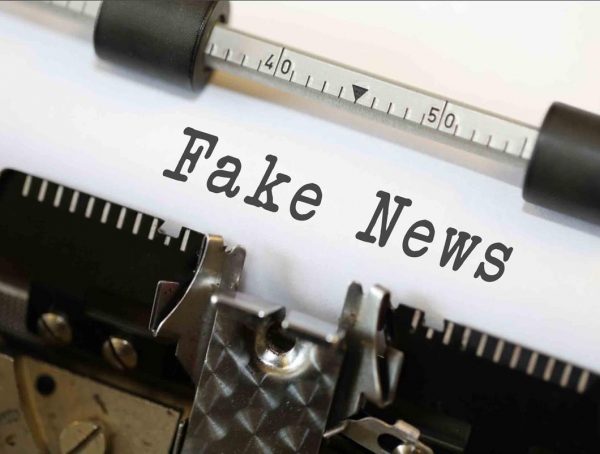From mainstream media to scholars to the general public, people are now talking about a new “epidemic” of fake news in the modern world, which is also called “misinformation” and “disinformation.”
Political leaders and parties in a number of countries have now become vocal about the issue, and some countries have taken certain institutionalized steps to combat fake news. However, media and communication scholars and experts seem to have different thoughts on the issue.
Some scholars say that the efforts being made to battle the epidemic are not in good shape as fake news is now being used and assisted by identity politics and hate propaganda, manufactured by all streams of political groups – right wings, centrists, secular, or liberals.
Hong Kong Baptist University’s media studies professor Cherian George is among the scholars who, at the beginning of this year, predicted for Nieman Lab that the efforts to tackle fake news would be put to the test during elections in the two big democracies of the world ‑ India and Indonesia.
George also described that the two elections, where 1.6 billion people voted, would experience major trends of “truthiness”.
“Facts will lose out to truthiness — what feels true,” he wrote.
This was indeed what happened as fact-checkers from each of the countries geared up to combat fake news aided by global technology giants like Facebook and Google.
Zahed Arman, founding members of BD Fact Check, the first-ever fact-checking organization based in Bangladesh, echoed this opinion.
“In the election cycle, fake news purveyors try to spread more fake news to control the public opinion of voters. Both positive and negative fake news is widely visible during the election time,” he said.
George also noted that despite the efforts made to battle fake news creators, there would be no success in containing them as they were assisted by “identity politics and hate propaganda”.
Agreeing with him, Arman, who saw a similar situation in his country during the last elections held just a day before the year started, said that an individual often spread fake news or disinformation when that supported his or her political ideology.
Arman also said that people in power often tried to spread propaganda.
“On the other hand, the people who control the means of communication tend to spread more propaganda related fake news,” he said.
George also predicted “democratic values such as inclusivity and tolerance” would be sunk as election campaigns appealed to ideologies based on “faith, blood, and flag”.
In India, the current ruling Bharatiya Janata Party illustrated the validity of his predictions by putting their election campaign under the umbrella of “faith” focused on the majority Hindu community and stirring the masses towards it.
Meanwhile, in Indonesia – the largest Muslim country in the world – “liberal” elected President Joko Widodo fought his battle for his second term in partnership with “conservative” Muslim leader and cleric Ma’ruf Amin and used the same “faith” card to attract the majority voters.
“Such kind of political campaigning affects democratic values such as inclusivity,” Arman seconded George’s prediction.
According to Arman, there are similarities in the strategies used by Donald Trump in his 2016 election campaign during which he brought up “white nationalism and the country is only for white Americans who migrated from West Europe, not for others who immigrated later…,” Arman said.
To read more: https://www.niemanlab.org/2019/01/fake-news-wins-in-asia/
Cherian George, (2019). Fake News Wins in Asia,
https://www.niemanlab.org/2019/01/fake-news-wins-in-asia/








